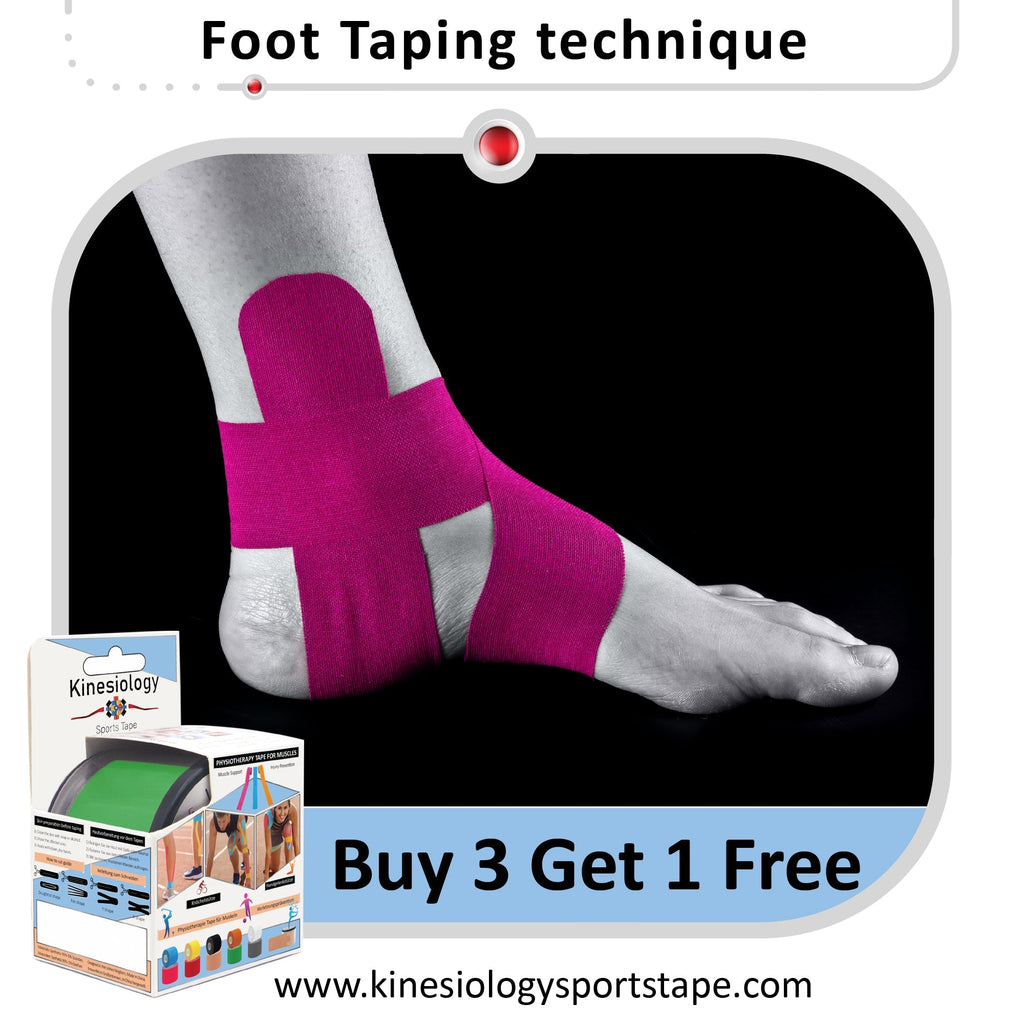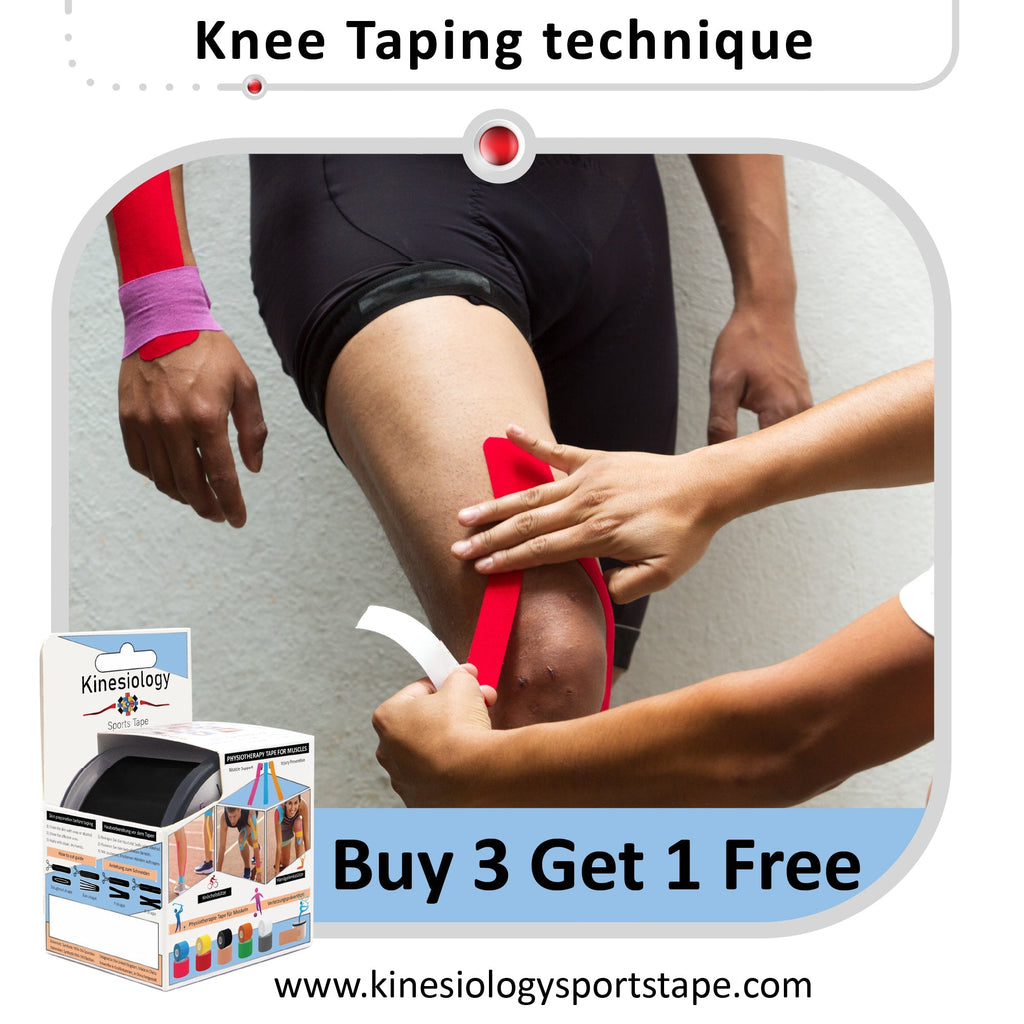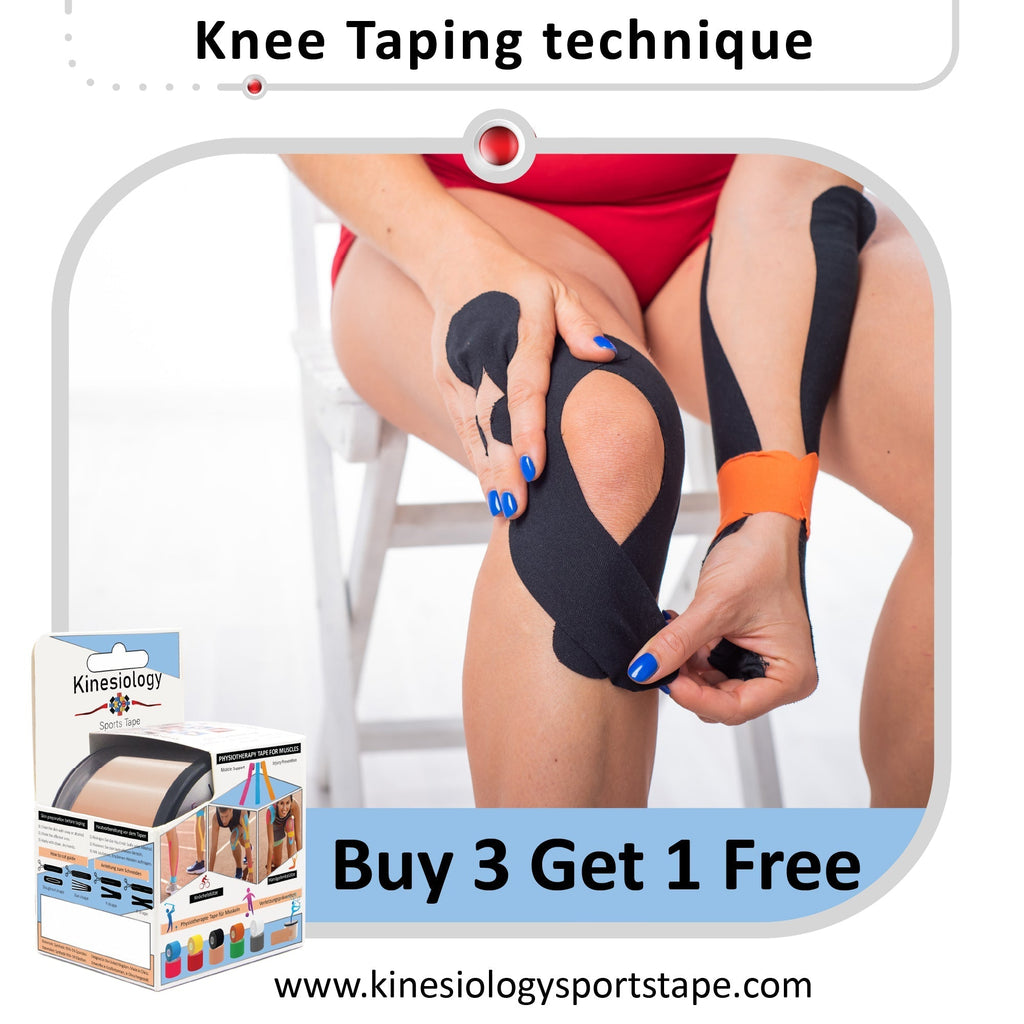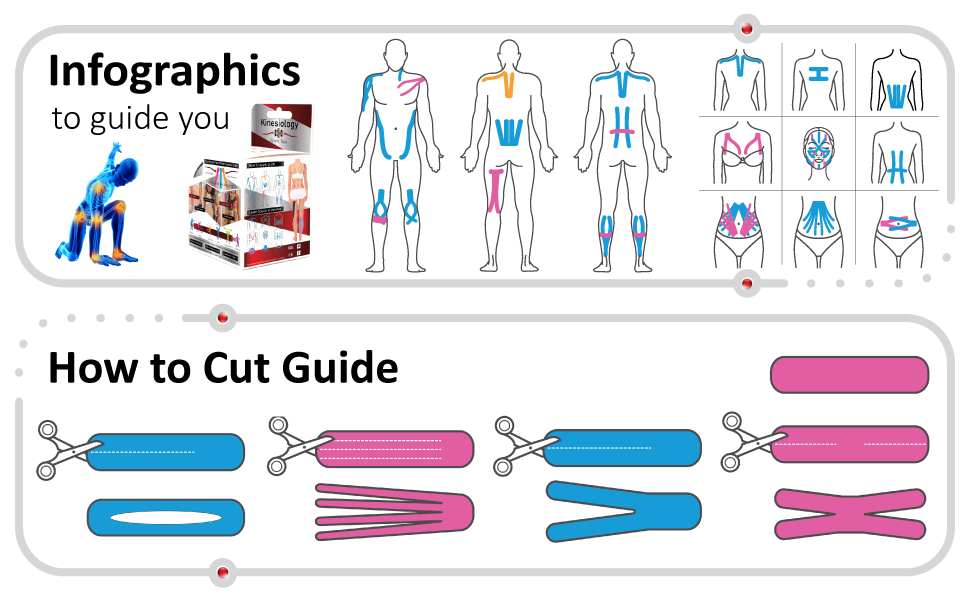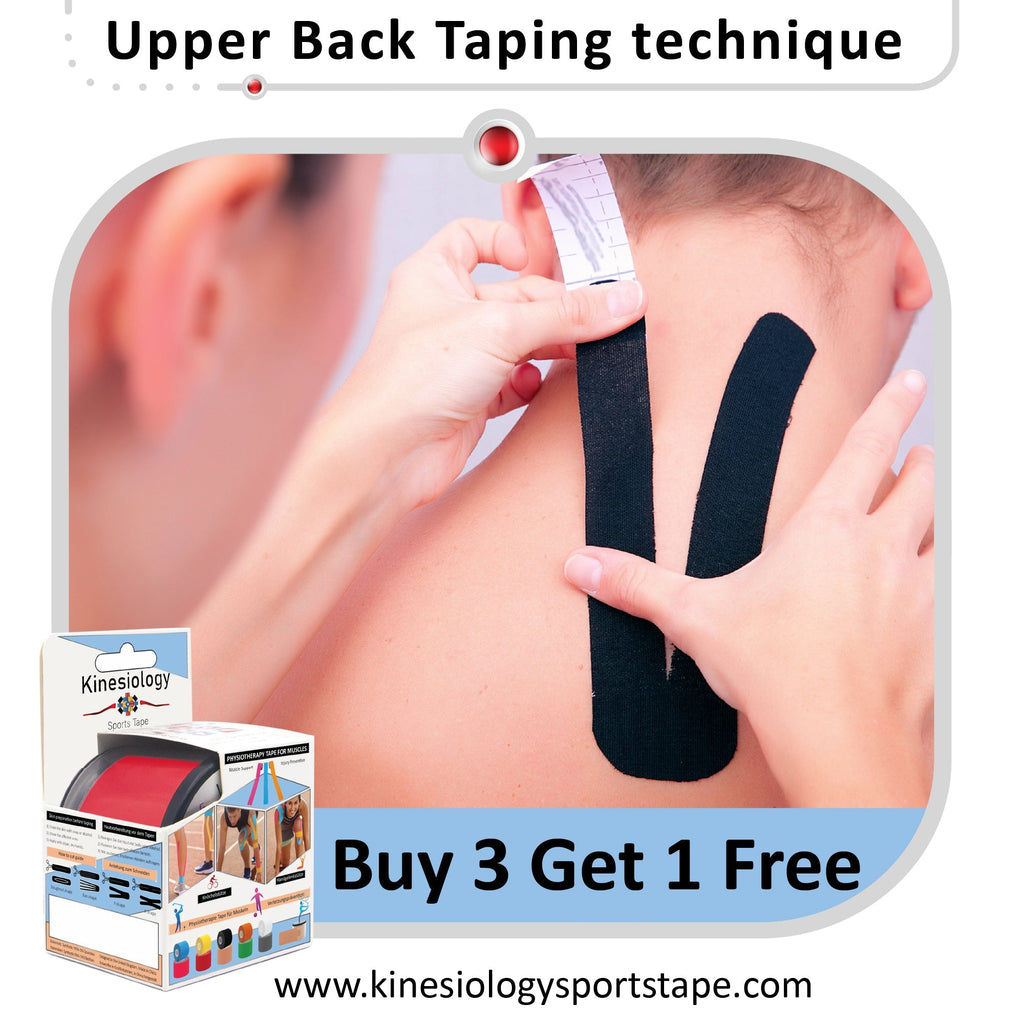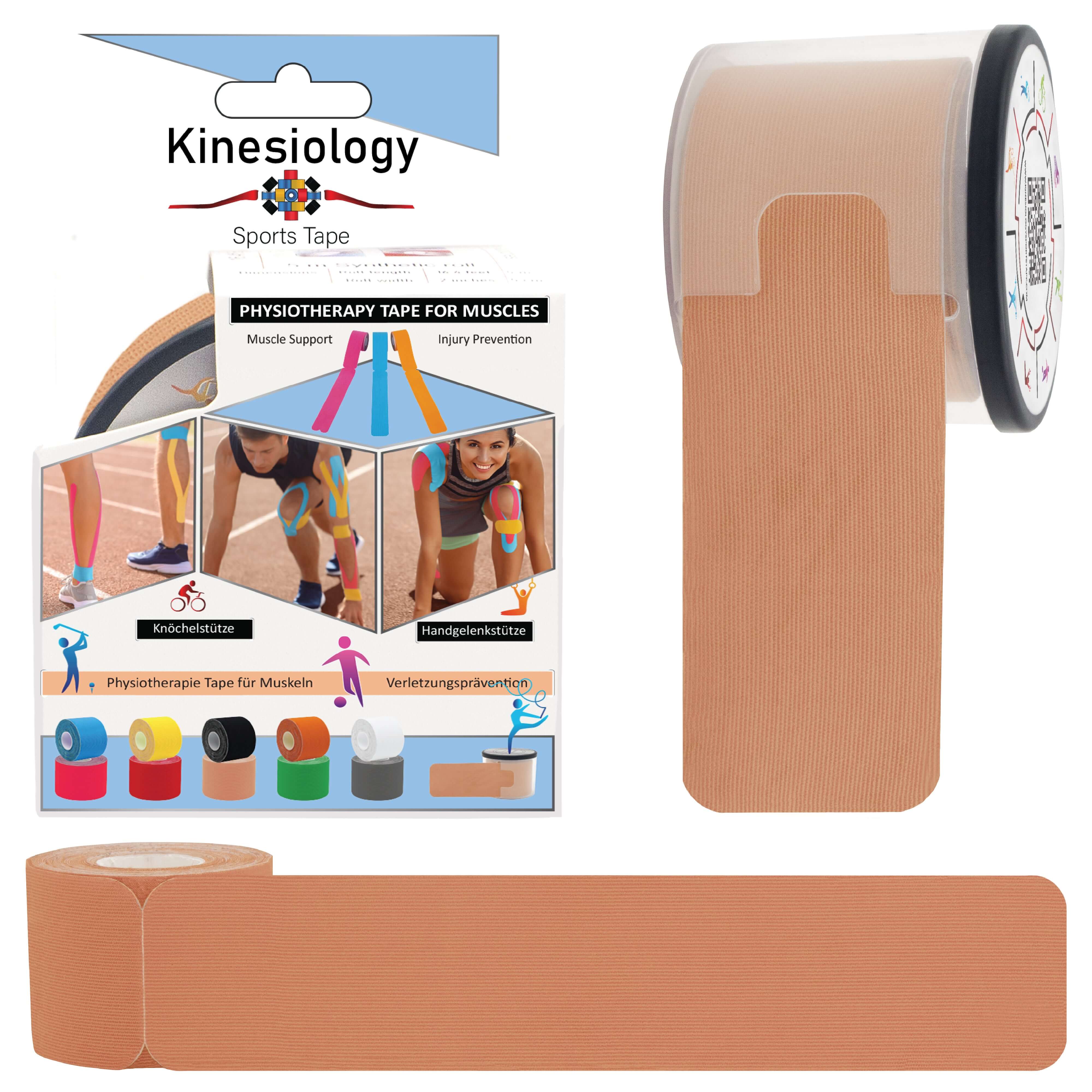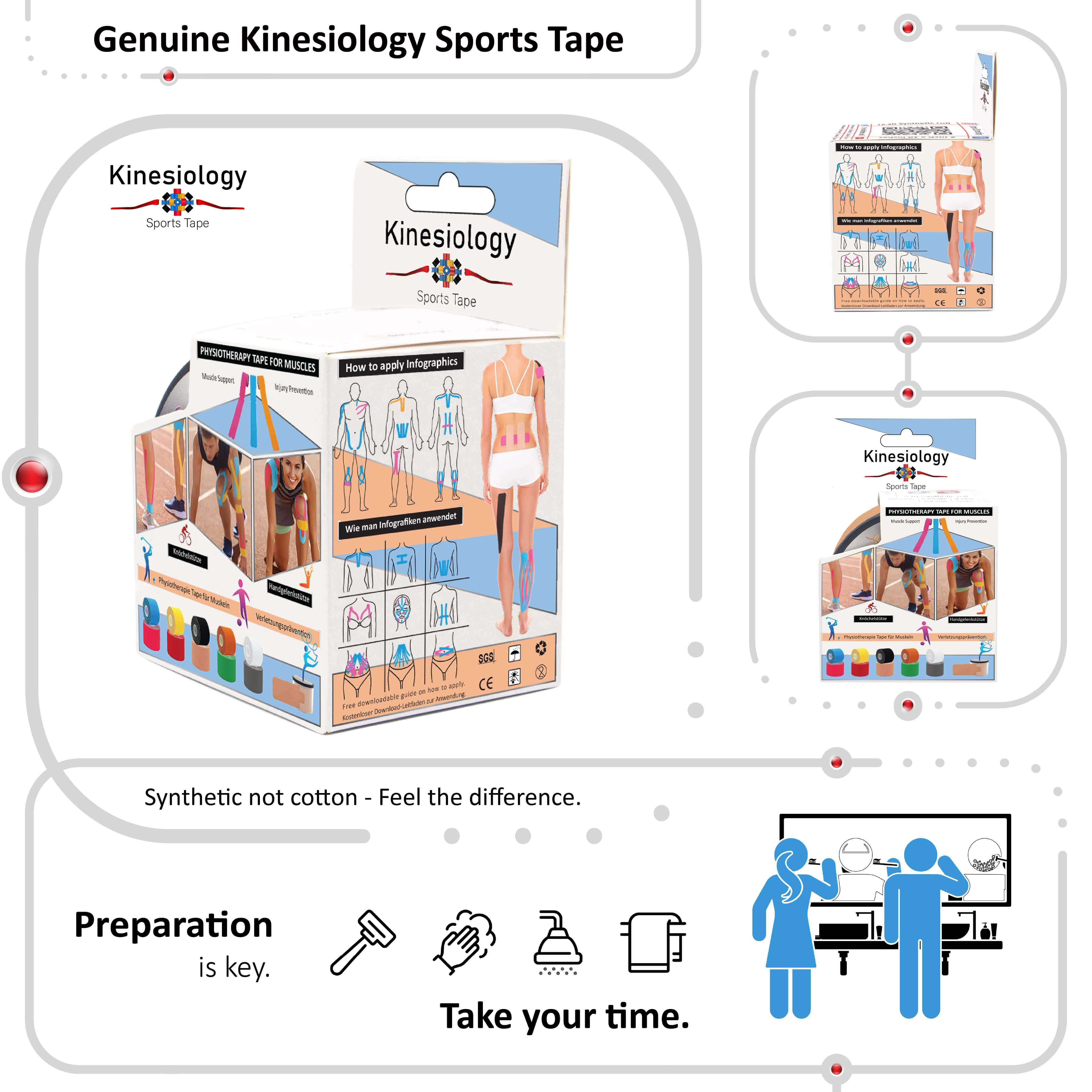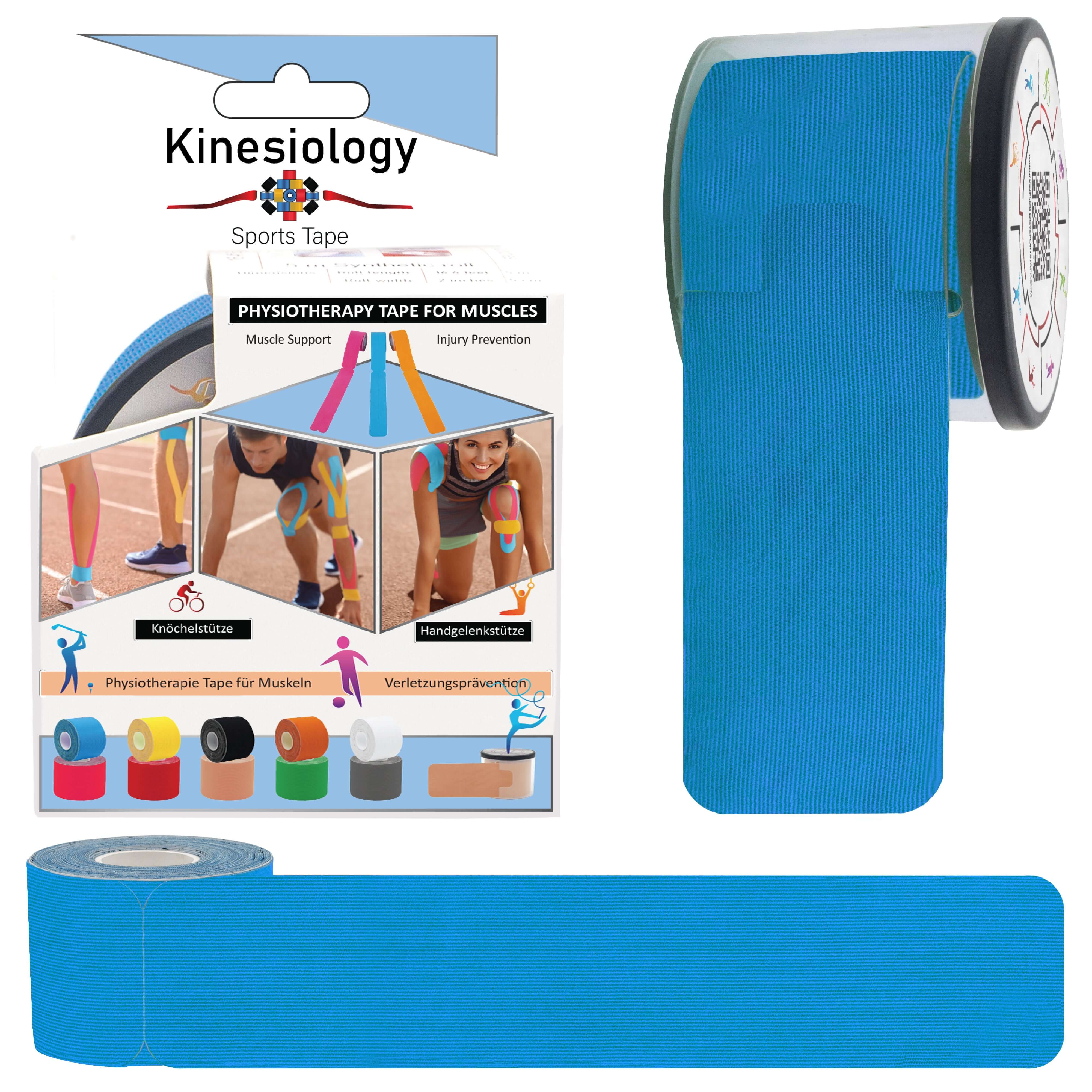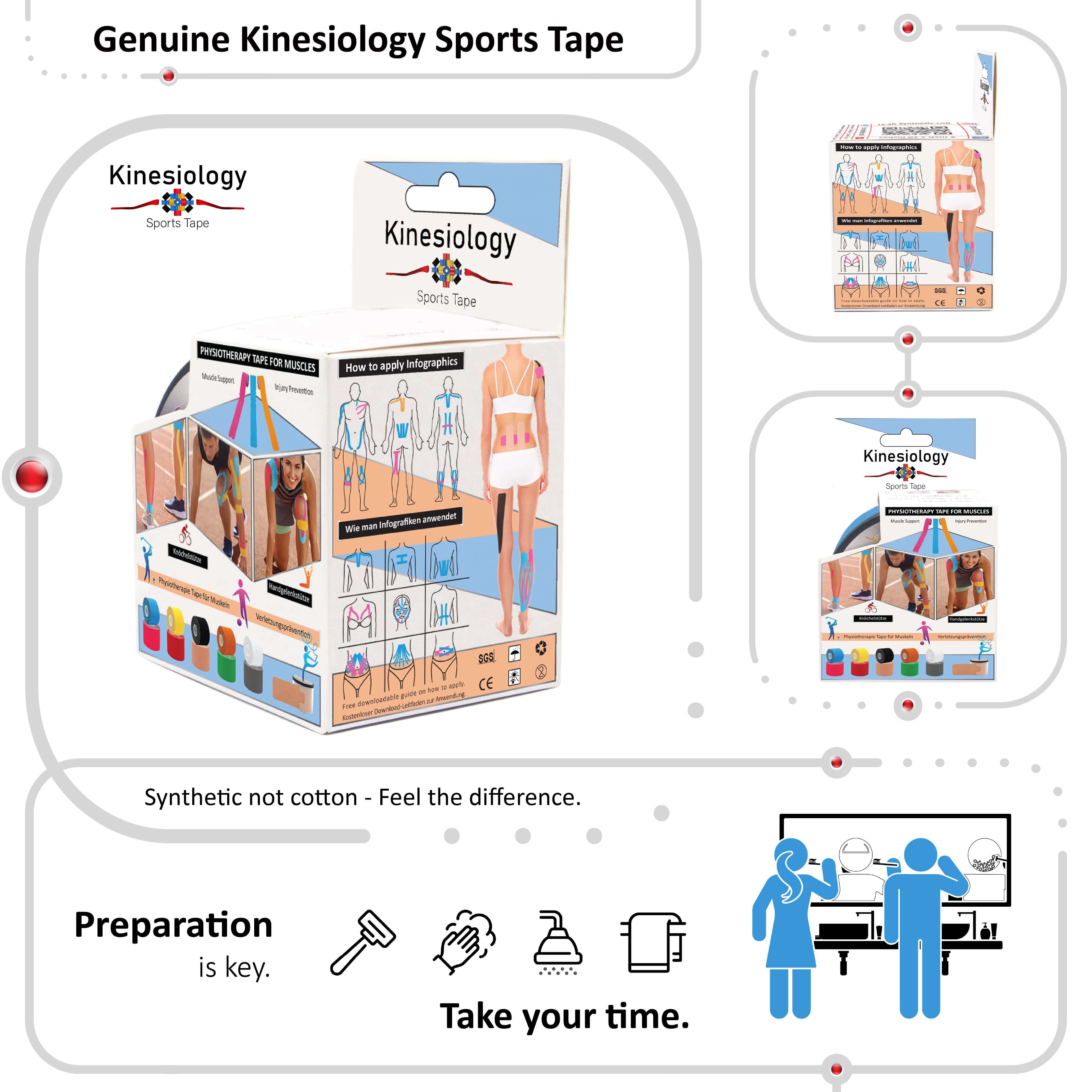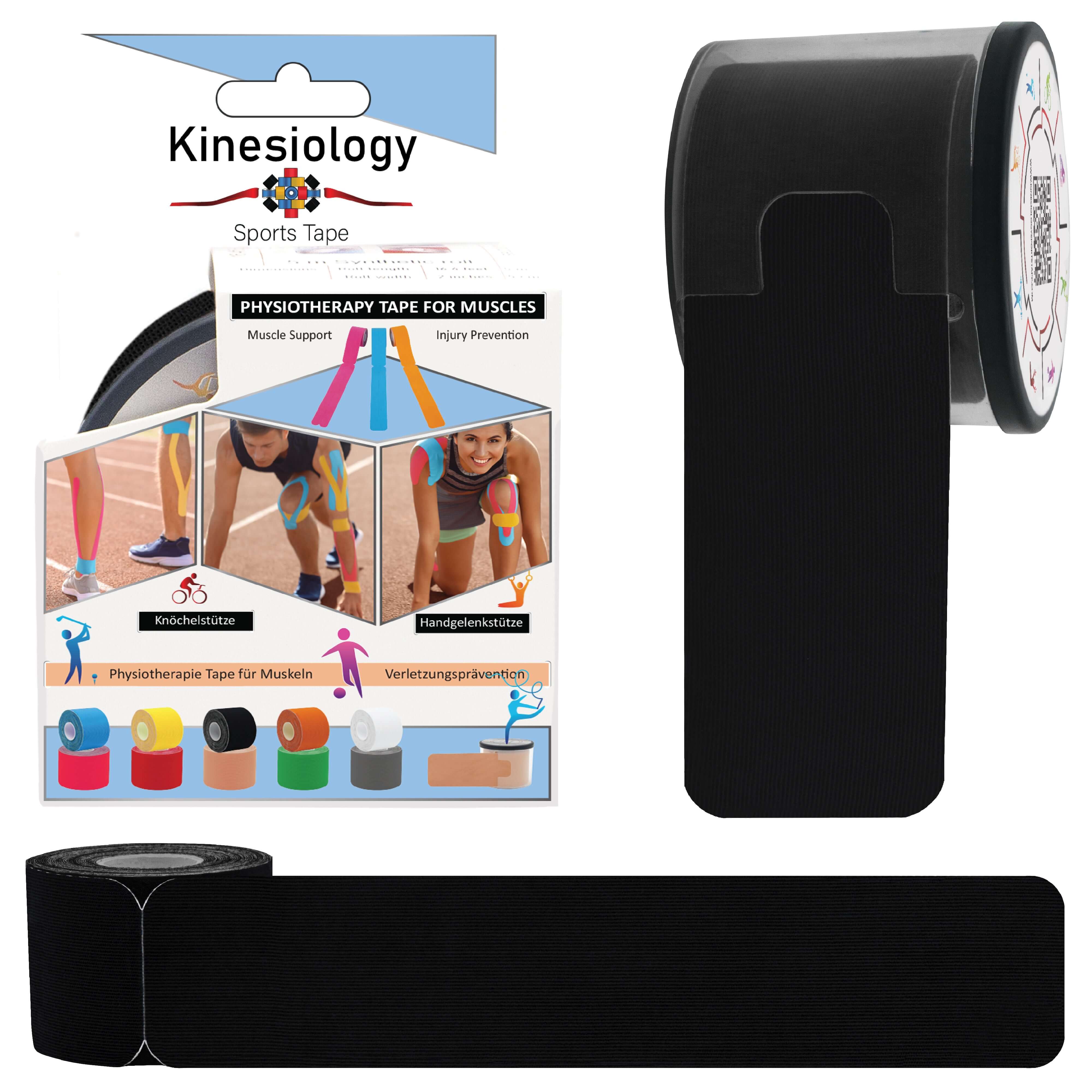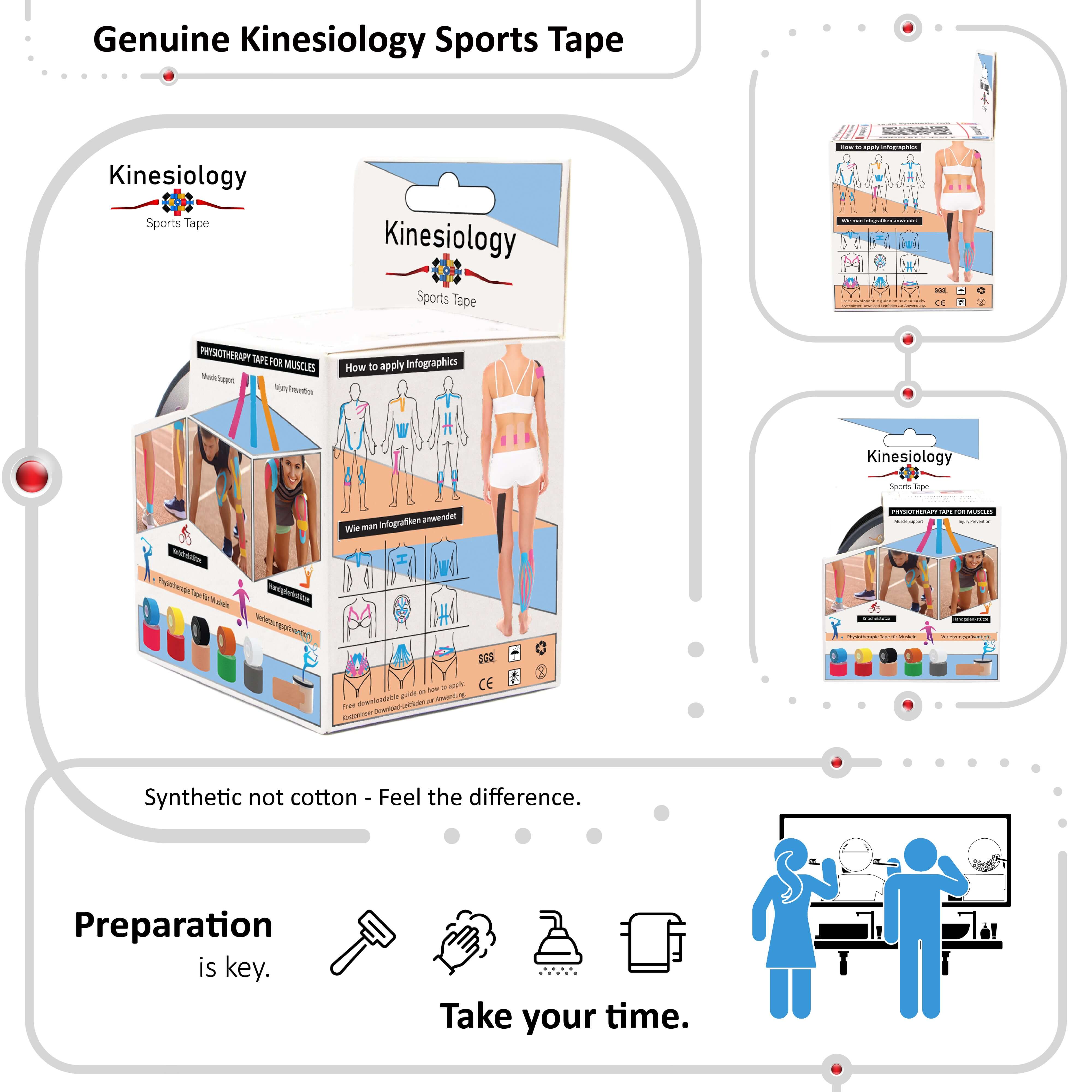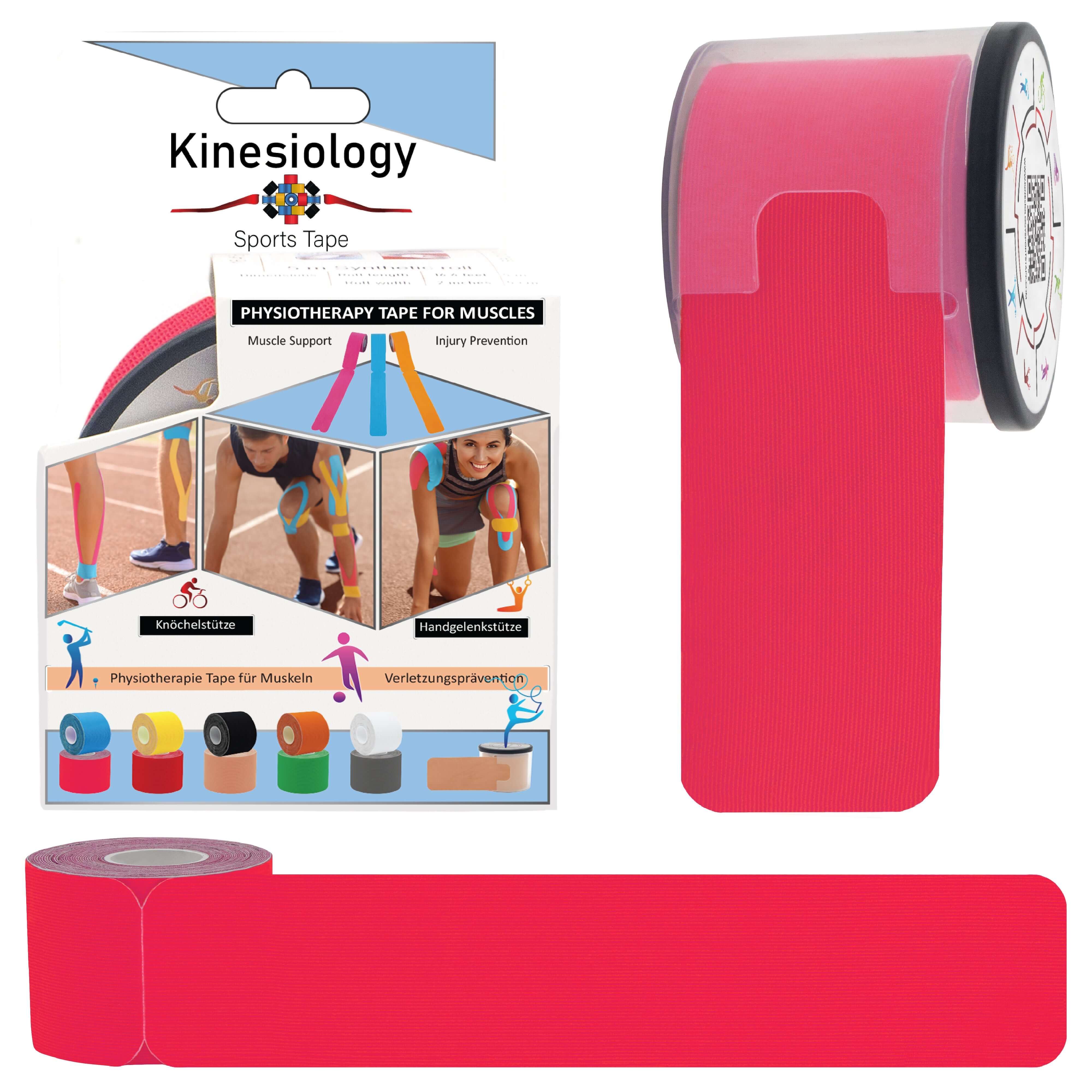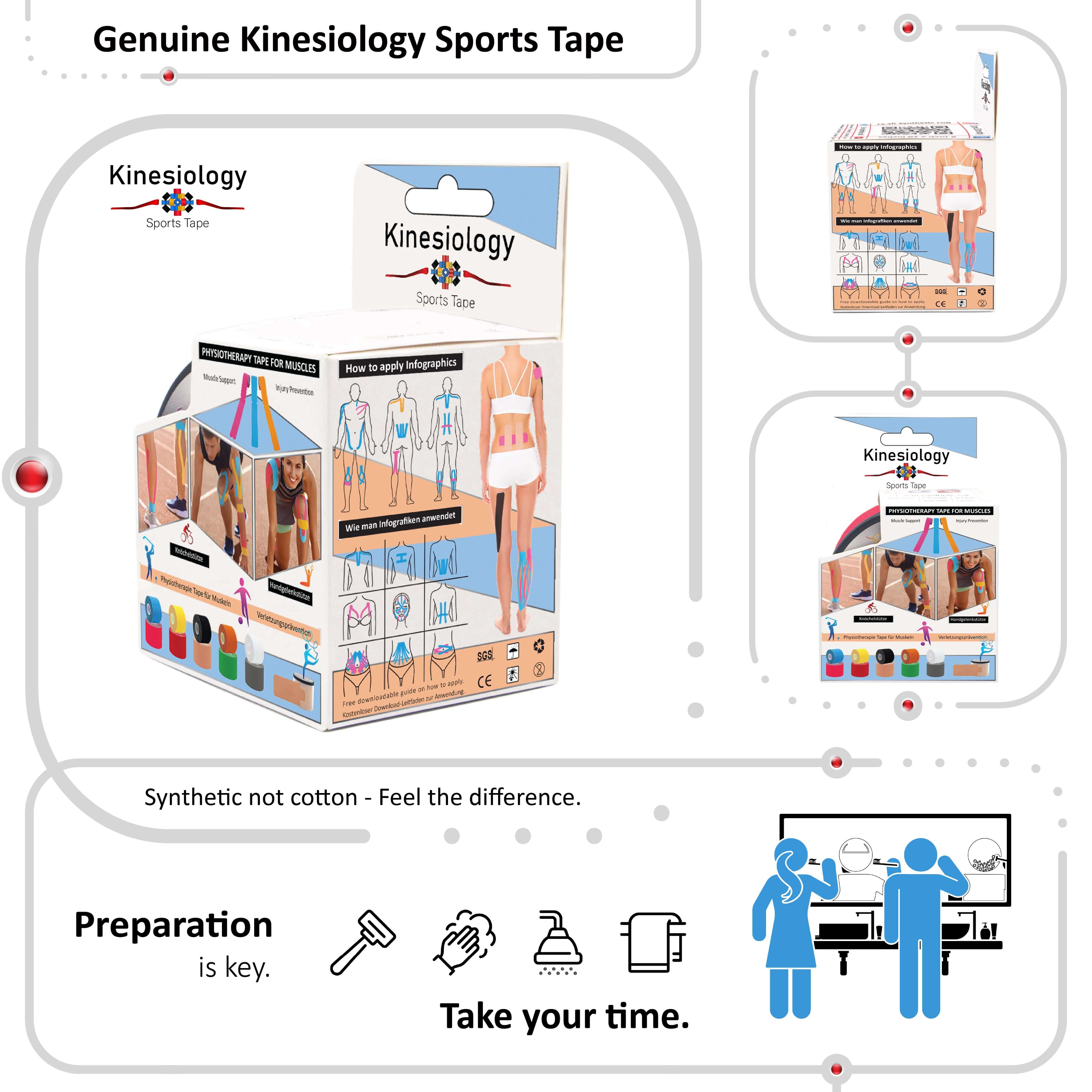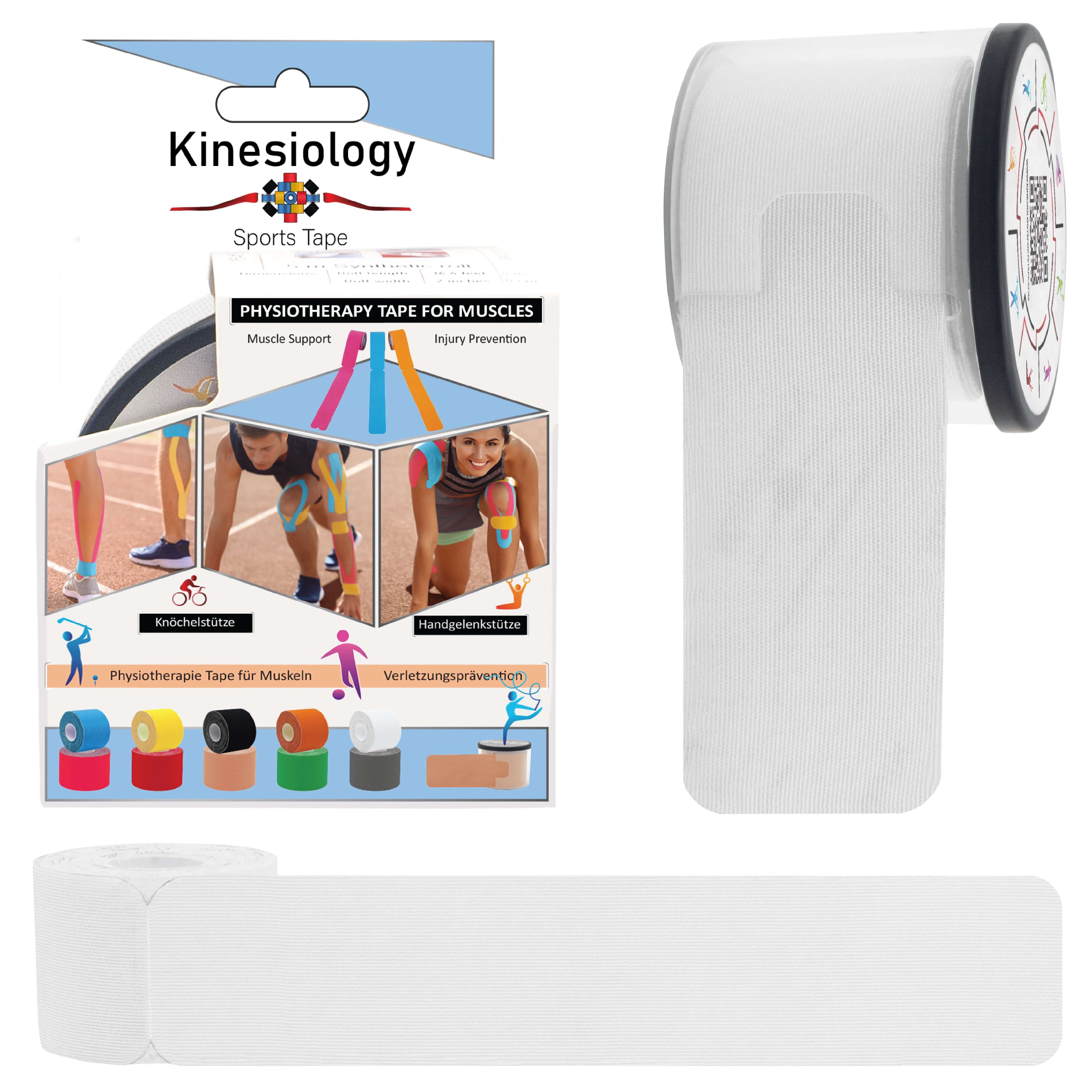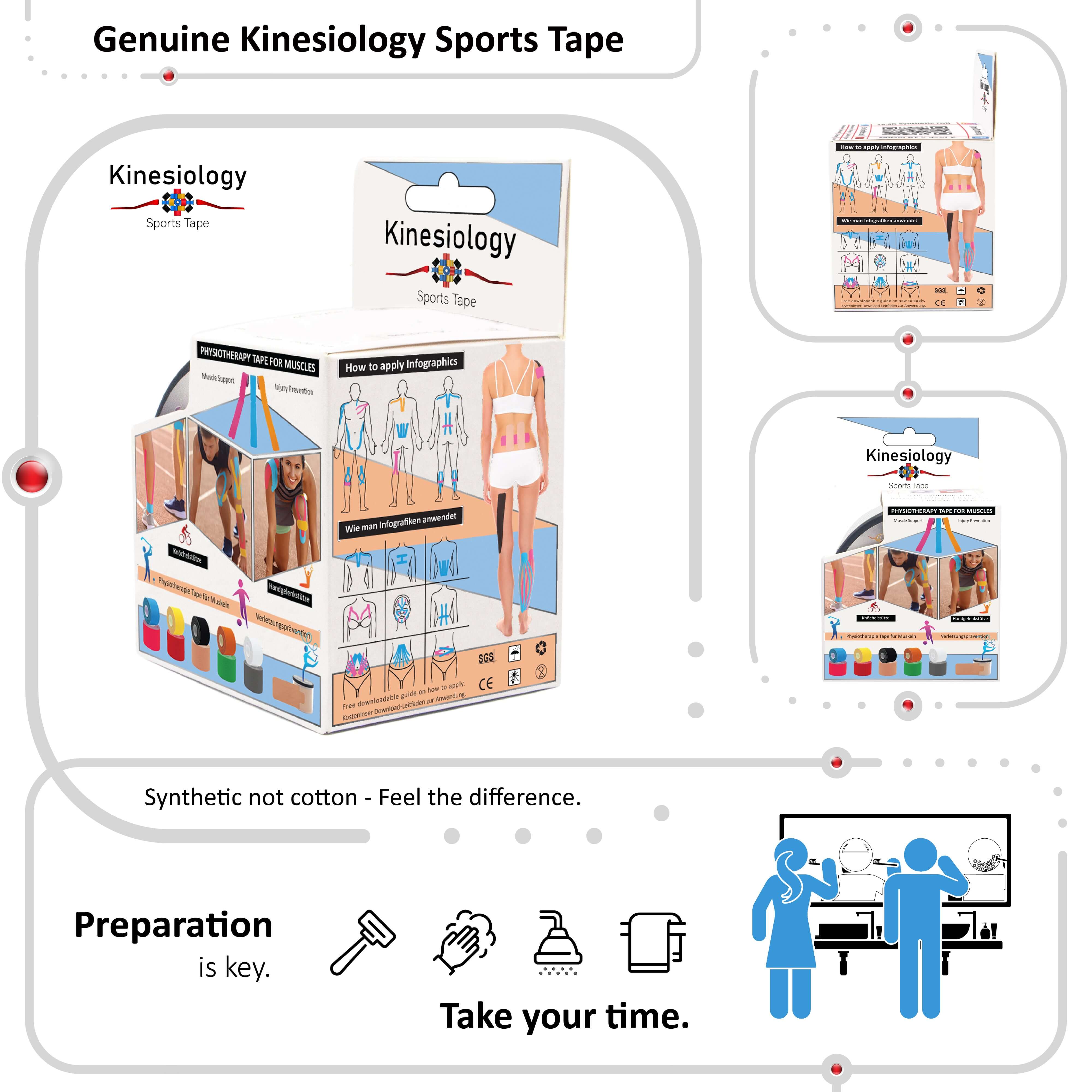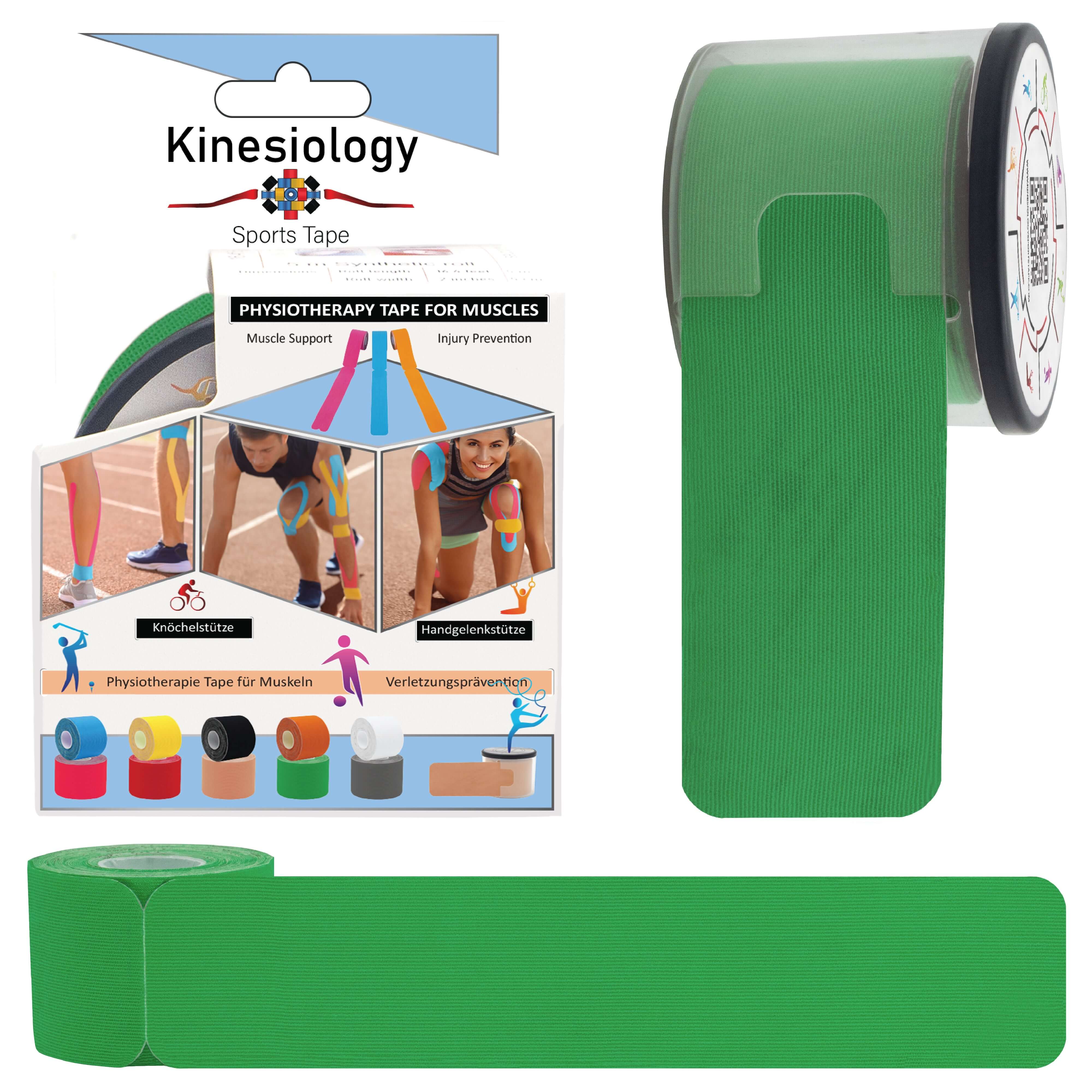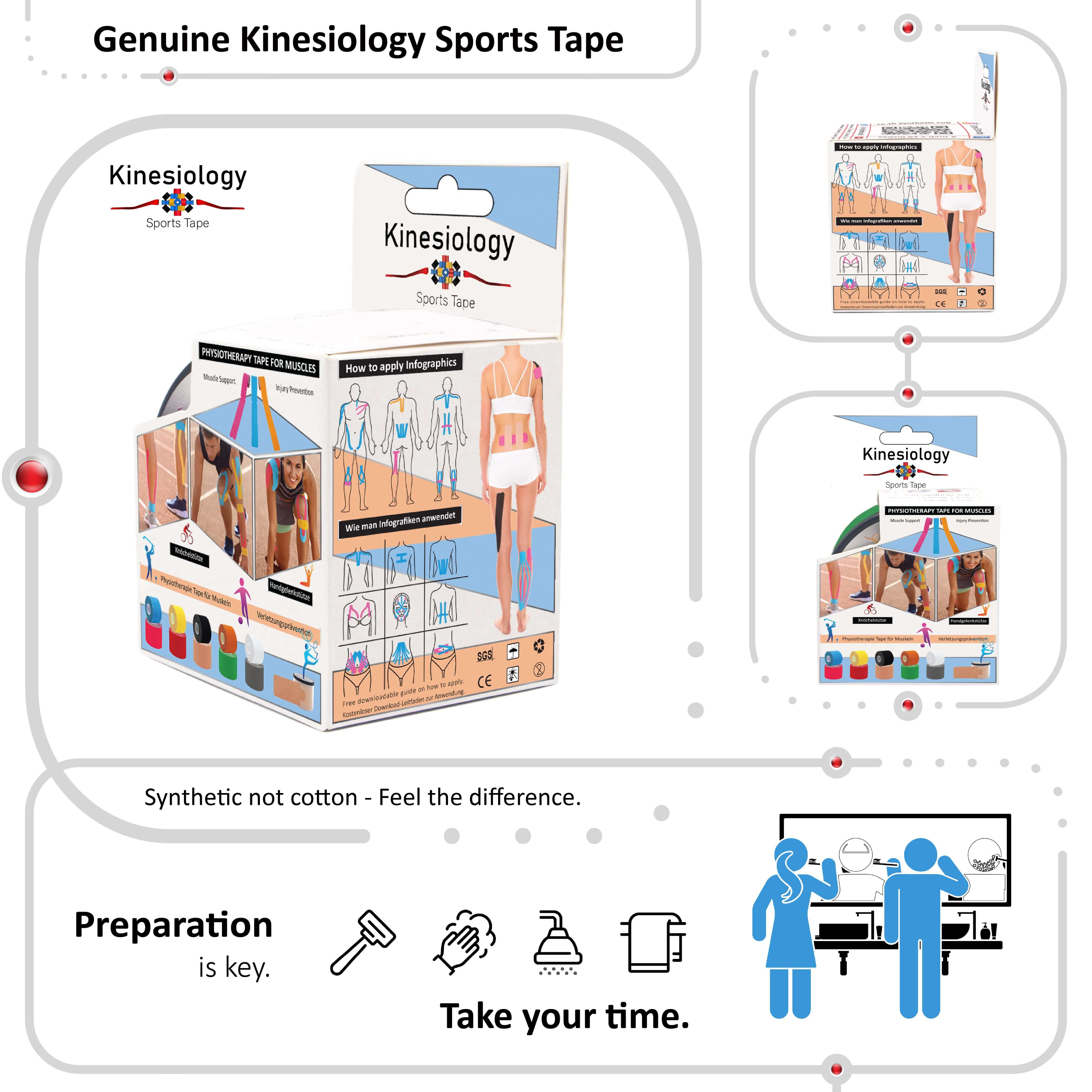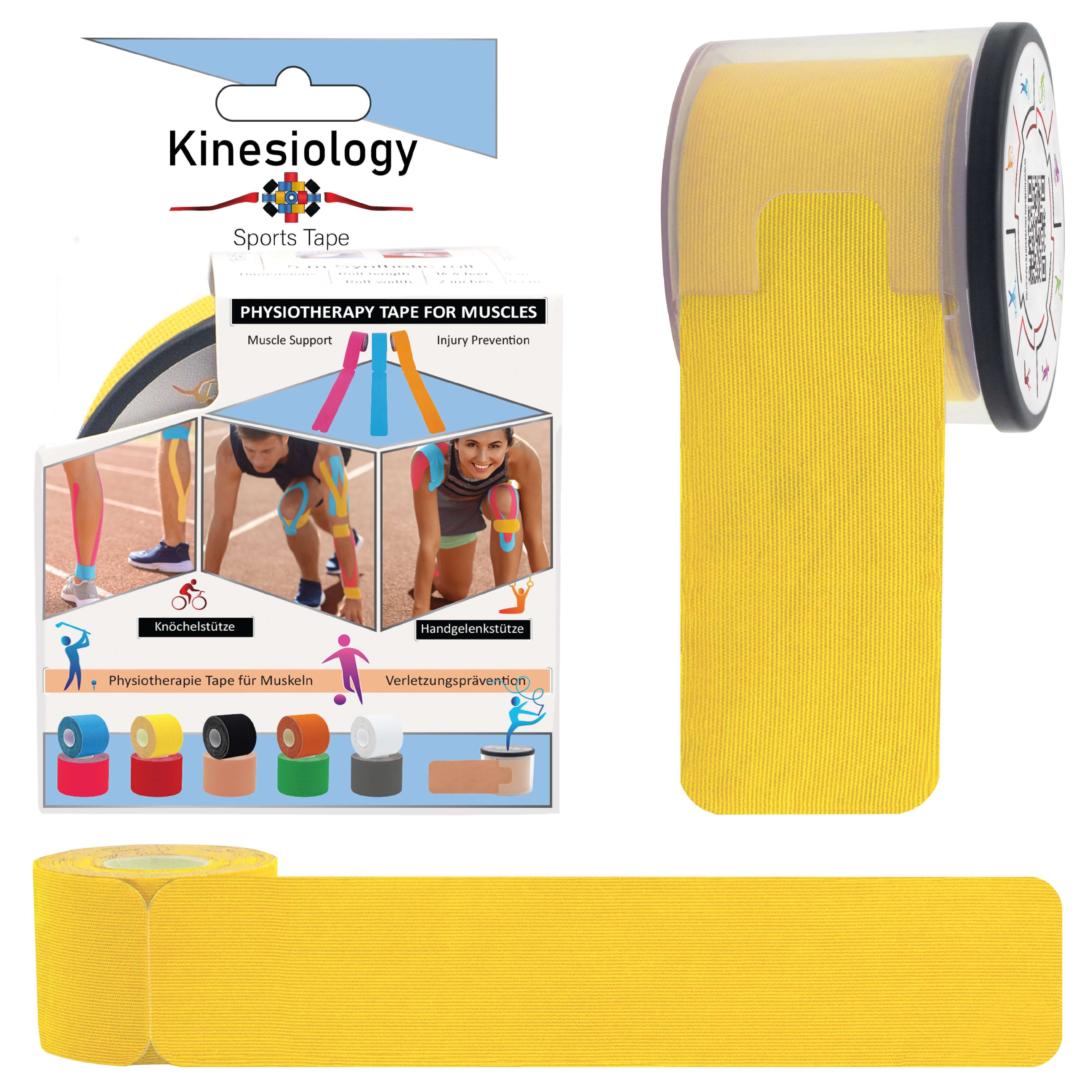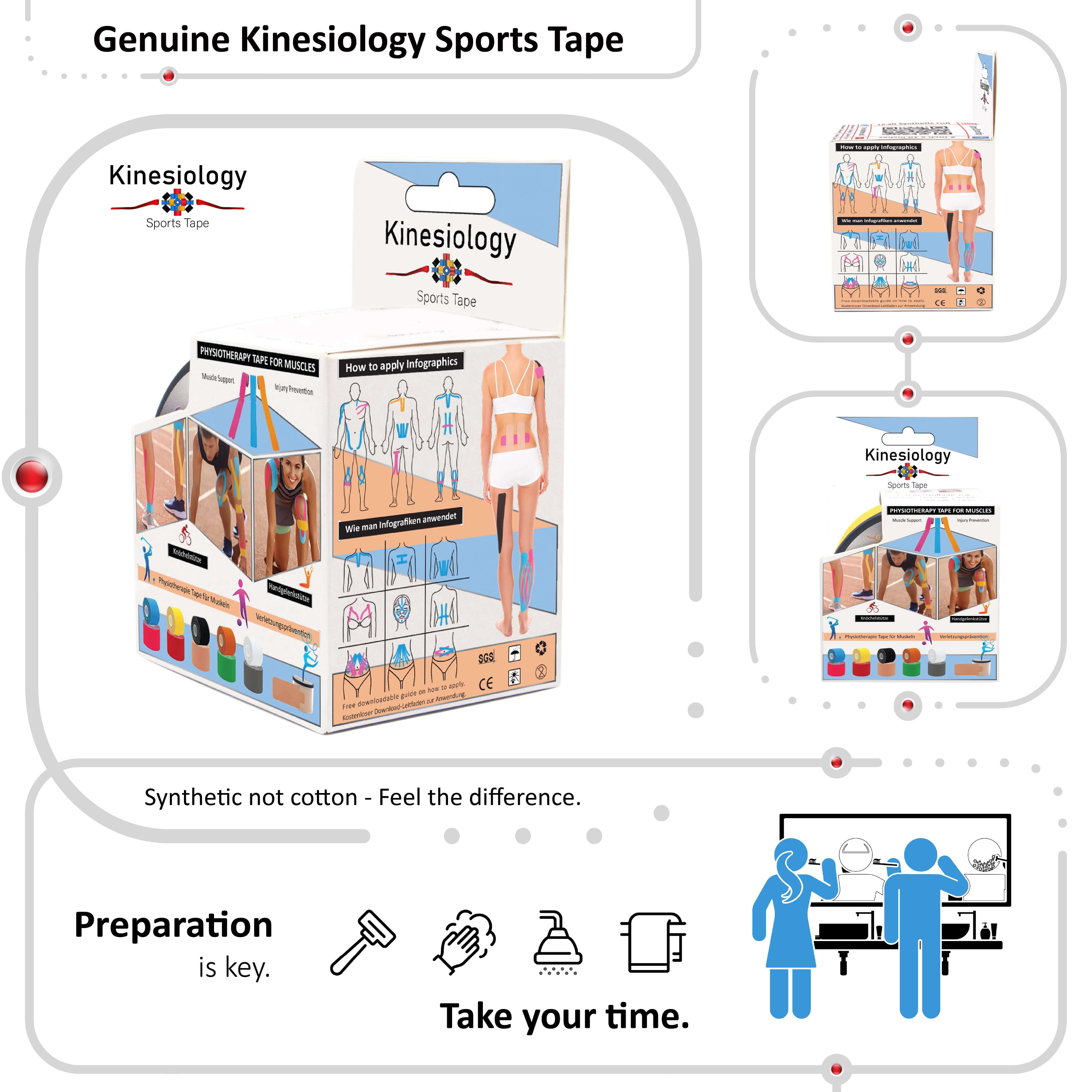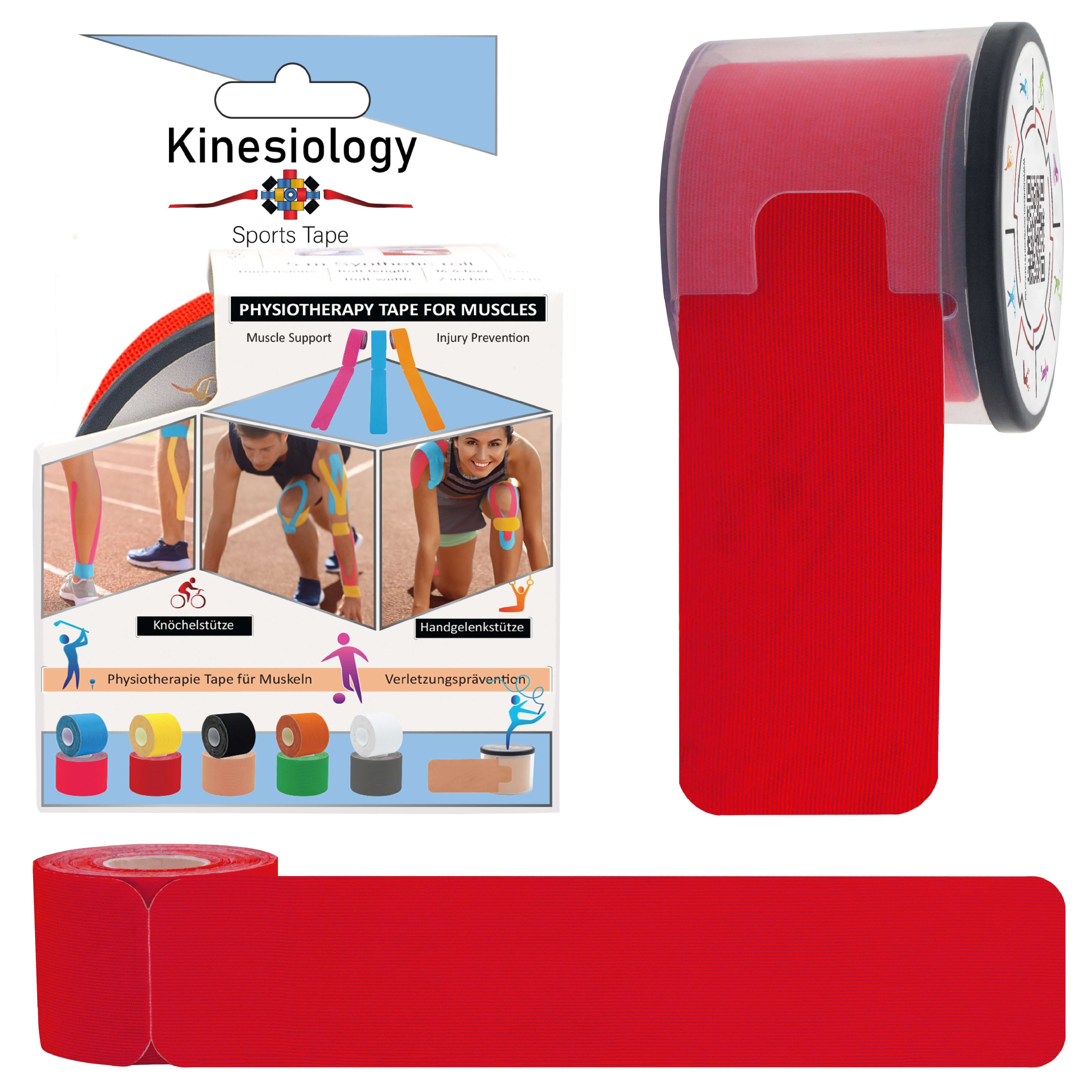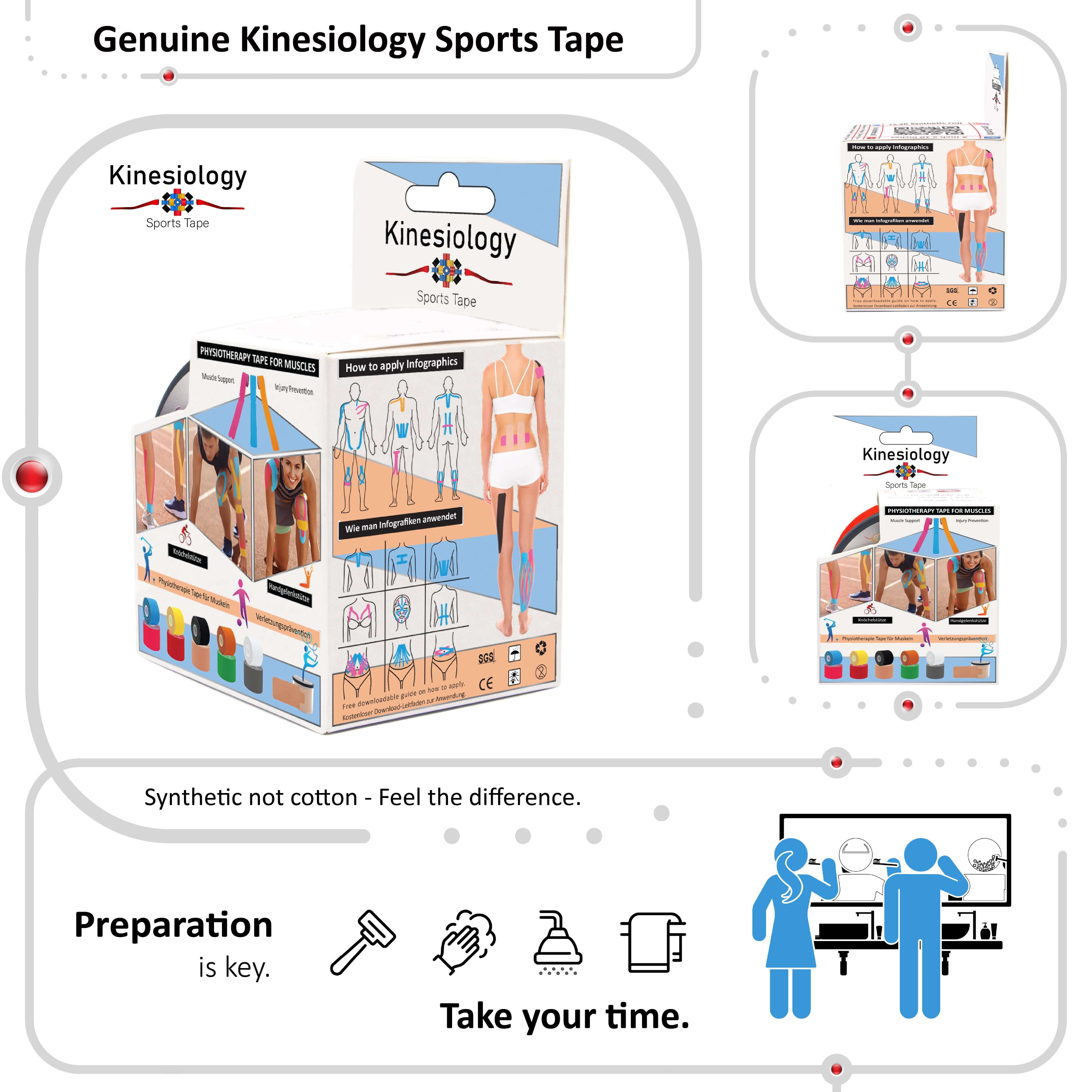
DIY Recovery Revolution: Can Athletes Achieve Injury Rehab with Home Taping Kits?

In the age of YouTube tutorials and "wellness hacking," it's no surprise that the DIY revolution has reached the realm of injury recovery. Enter the home taping kit: a tempting proposition for athletes looking to skip the physio queues and take control of their rehab at home. But, can a bit of tape and an online video truly replace the magic touch of a trained professional? Let's peel back the layers and analyze the pros and cons of this self-treatment trend.
Pros:
- Accessibility: No appointments, no travel – with a kit, you can treat pain on your own schedule, at your own pace.
- Cost-effective: Compared to physiotherapy sessions, kits can be a budget-friendly option, especially for minor injuries.
- Empowerment: Learning self-taping techniques can increase your body awareness and give you a sense of control over your recovery.
- Targeted support: Specific tapes can offer focused support for various muscle groups and injury types.
Cons:
- Diagnosis dilemma: Accurately self-diagnosing an injury is crucial for using the right tape, and this can be tricky, especially for complex issues.
- Technique troubles: Mastering application techniques takes practice, and improper taping can worsen an injury.
- Limited scope: Kits are geared towards common, minor injuries. Serious problems require professional evaluation and treatment.
- Misinformation minefield: The internet is rife with bad advice. Stick to reputable sources and consult a professional if unsure.
Expert Tips for Taping Triumph:
- Start small: Begin with simple taping techniques for minor aches and pains.
- Seek guidance: Consult a physiotherapist for a proper diagnosis and initial taping instruction.
- Quality matters: Invest in high-quality, pre-cut tapes from reputable brands.
- Listen to your body: If pain worsens, stop taping and seek professional help.
- Knowledge is power: Educate yourself about proper taping techniques and injury mechanisms.
Debunking Common Myths:
- Myth: "Tape can fix any injury." Reality: Tape supports, it doesn't heal. Severe injuries require professional intervention.
- Myth: "The more tape, the better." Reality: Over-taping can restrict movement and exacerbate the problem.
- Myth: "It's just tape, how bad can it be?" Reality: Improper taping can lead to skin irritation, muscle weakness, and even delayed healing.
The Verdict:
Home taping kits can be a valuable tool for minor injuries and general muscle support, but they're no substitute for professional expertise. Approach them with caution, prioritize proper diagnosis and technique, and always listen to your body. Remember, when it comes to your health, sometimes the best DIY project is making an appointment with a qualified professional.
So, is the DIY recovery revolution a win or a whimper? It depends. Used responsibly and in conjunction with professional guidance, home taping kits can empower athletes on their recovery journey. But don't be tempted to skip the experts altogether. After all, sometimes, the best fix isn't self-made, but professionally applied.

